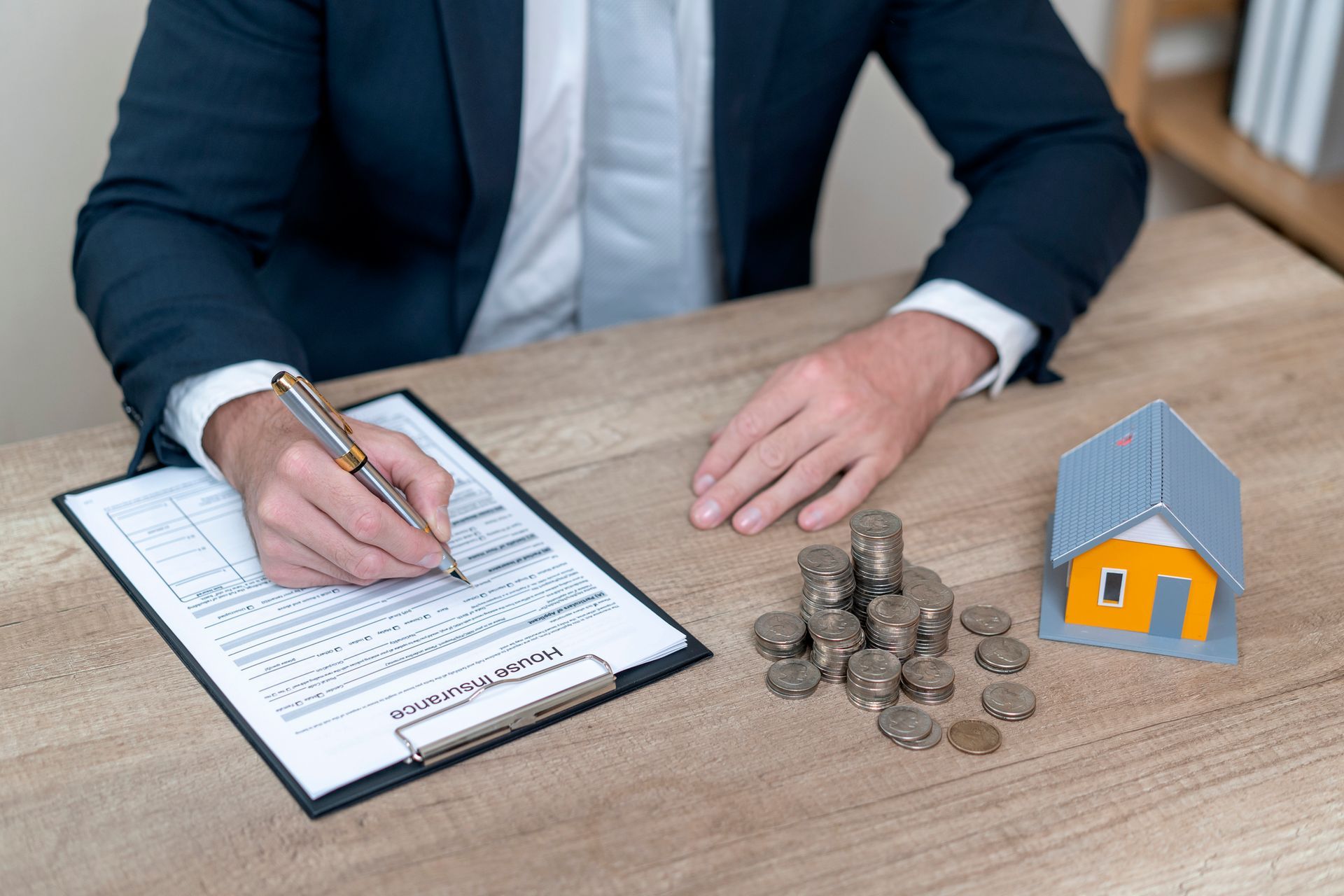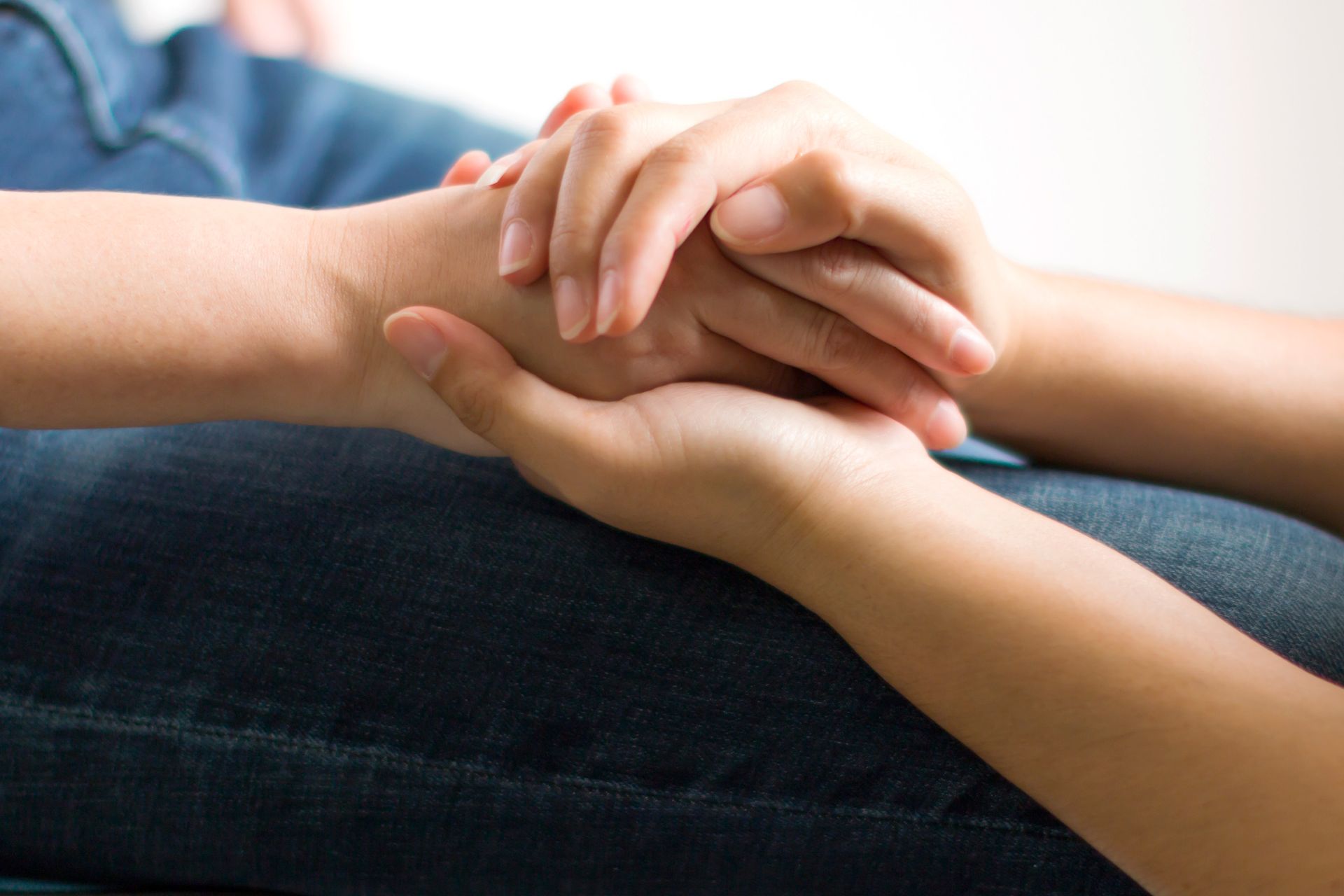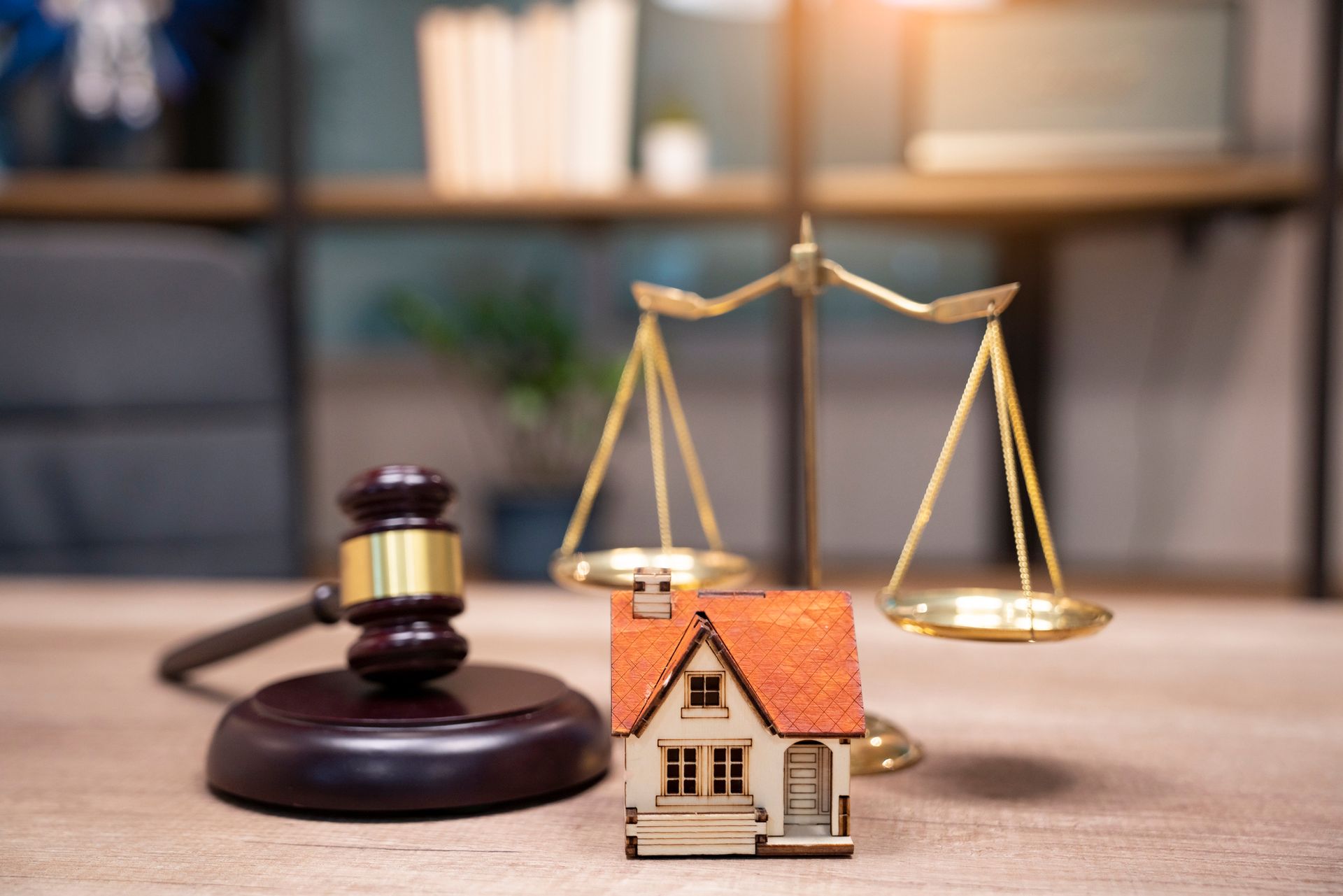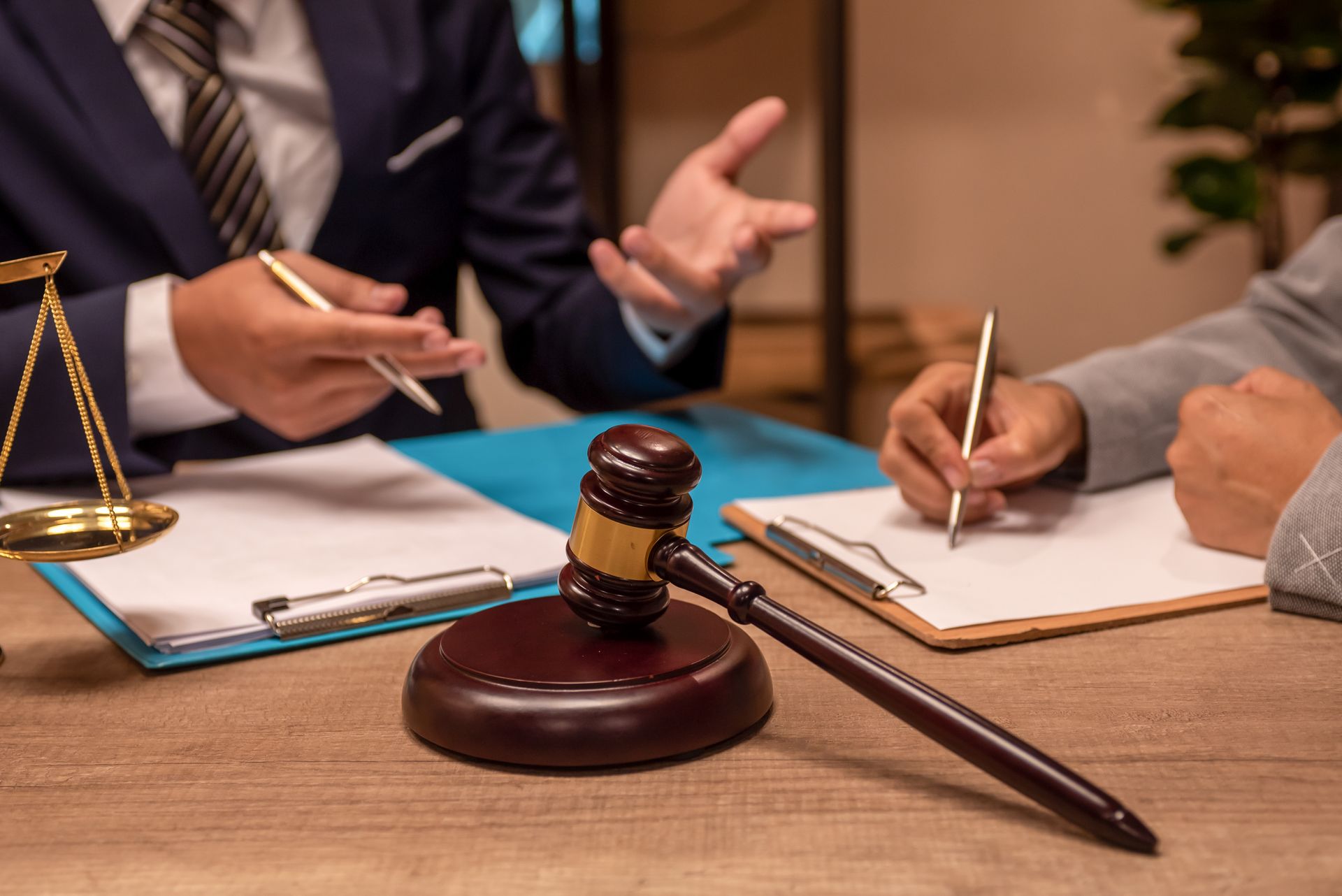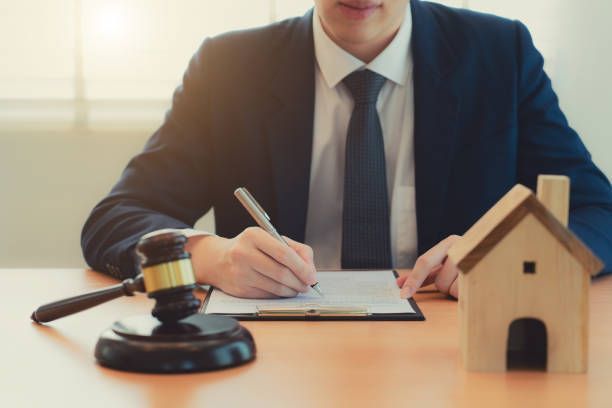NJ Bankruptcy Attorney Explains Chapter 7 vs Chapter 13
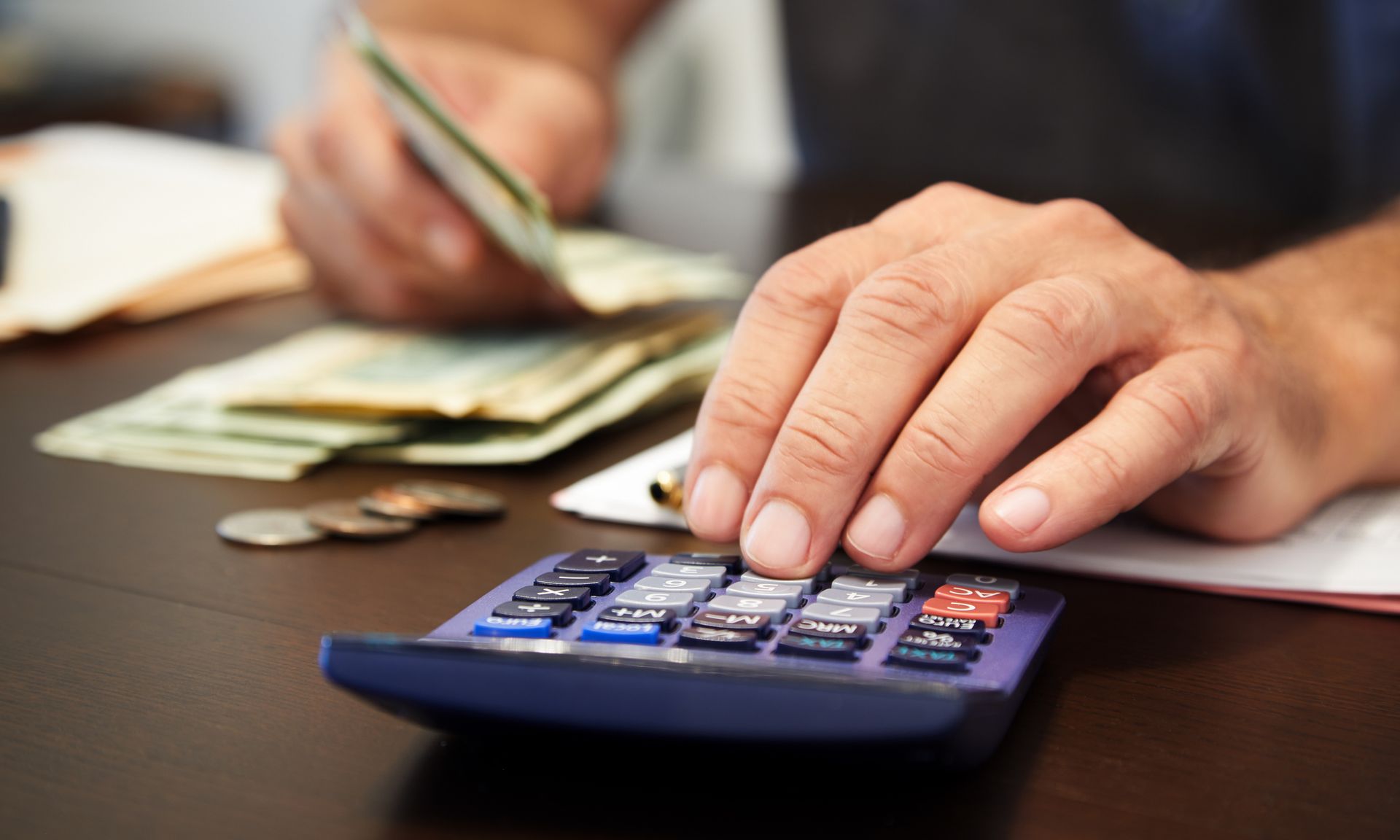
Deciding whether or not to file for bankruptcy can often be stressful, emotional, or confusing. Finally deciding to file for bankruptcy can feel like a relief. But your decisions don't end when you choose to file. Your next big decision will be deciding which kind of bankruptcy is the correct option for you: Chapter 7 or Chapter 13. How do you know which kind of bankruptcy is right for you? Veitengruber Law has been working with individuals in New Jersey to file bankruptcy for over a decade. Here, we break down the differences between Chapter 7 and Chapter 13 bankruptcy.
What is Chapter 7 bankruptcy?
Chapter 7 bankruptcy is frequently called a liquidation bankruptcy. Under Chapter 7, a bankruptcy court will determine how to liquidate your assets to pay back creditors and cover your debts. You can utilize federal or state exemption laws to protect specific property from liquidation. This can often include your home, personal possessions, and a car. Once your nonexempt assets are liquidated to pay back your creditors, the remainder of your debt is discharged, meaning it is no longer your responsibility to pay it back.
Who should file Chapter 7 bankruptcy?
Chapter 7 is for folks who cannot afford to repay their debts after putting money towards reasonable expenses required to support themselves or their families. It is generally a good option for individuals carrying unsecured debt, like credit card or medical debt, that is no longer manageable to pay back with their income. To file for Chapter 7 bankruptcy, you must take the bankruptcy means test. This test determines if your income is below the state limit to qualify for Chapter 7 bankruptcy. While the means test will typically qualify low-income filers, you can also pass the means test if you have a large family or expensive assets and high expenses like a high mortgage, car loan, or even taxes.
Chapter 7 bankruptcy can also be a beneficial option if you are trying to walk away from assets that have become too expensive to maintain, like a home or a car. Liquidating those assets can help you pay back your debts so you can start fresh with a new lifestyle that better fits your financial reality.
What is Chapter 13 bankruptcy?
Chapter 13 bankruptcy is often referred to as reorganization bankruptcy. In a Chapter 13 bankruptcy, the court compiles a comprehensive financial picture that includes all your assets, debts, and income. They will then determine if you can repay your creditors fully or partially. This repayment plan lasts between three and five years. At the end of the repayment period, any remaining debts are discharged. Only folks with the income to make realistic payments towards their outstanding debt will qualify for Chapter 13 bankruptcy. This can help people experiencing temporary financial setbacks get current on loans, a mortgage, or even taxes or child support payments.
Who Should File Chapter 13 Bankruptcy?
Chapter 13 is a great option for those who need debt relief but have the funds and income needed to enter a more realistic repayment plan for their finances. It can also be a great option for folks who are trying to save their home or another secured asset from foreclosure, sheriff's sale, repossession, or forfeiture. Individuals who are not eligible for Chapter 7 bankruptcy will often file for Chapter 13 instead.
Which Bankruptcy is Right for Me?
Some folks may qualify for either Chapter 13 or Chapter 7, but others may uniquely be eligible for both. In this case, which do you choose? The answer will be different depending on your specific set of circumstances. For instance, if you are in arrears on your home but have a lot of equity you wish to protect, you could potentially lose your house or equity if you file Chapter 7 bankruptcy. In this case, if you want to save your home, filing for Chapter 13 can get you current and allow you to keep your home.
On the other hand, perhaps you have experienced a significant income reduction due to job loss or divorce. You have fallen behind on your mortgage and are beginning to realize you can no longer keep your property. In this case, it could be beneficial to file Chapter 7 bankruptcy to get out of your mortgage and find a new residence that can accommodate your new financial circumstances.
Determining which kind of bankruptcy is right for you will come down to the nitty gritty specifics of your unique situation. Working with an experienced bankruptcy attorney and team like Veitengruber Law can help you make the right choice. We have been helping NJ residents escape unmanageable debt for over a decade. Reach out for a free consultation today!


